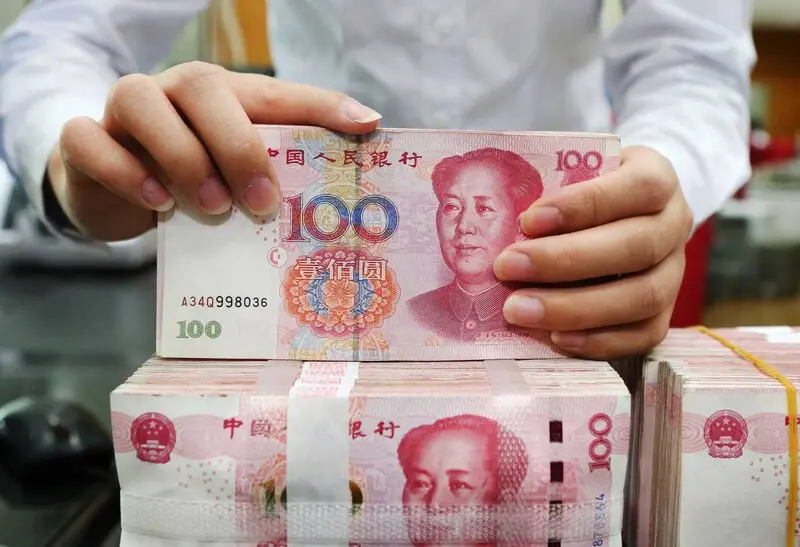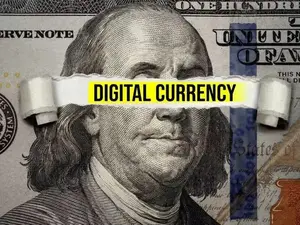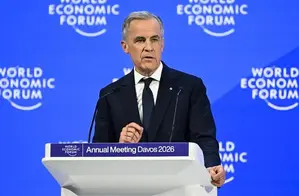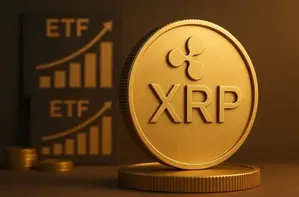China is considering injecting a massive $1.4 trillion in fiscal stimulus to boost its ailing economy. The Chinese economy failed to gather steam after the COVID-19 lockdowns and is reeling under pressure from the housing market collapse. The country’s top real-estate giant, Evergrande, was ordered to liquidate $300 billion in assets by a Hong Kong court after operations failed to revive.
Also Read: De-Dollarization: List of Countries That Want to Ditch the US Dollar
According to a recent report from Reuters, the Communist country is close to approving a fiscal stimulus policy of close to 10 trillion yuan ($1.4 trillion). The stimulus package from China could come next week, read the report. The Xi Jinping-led administration plans to issue special sovereign treasuries and local government bonds to boost the economy.
China: A $1.4 Trillion Fiscal Stimulus to the Rescue
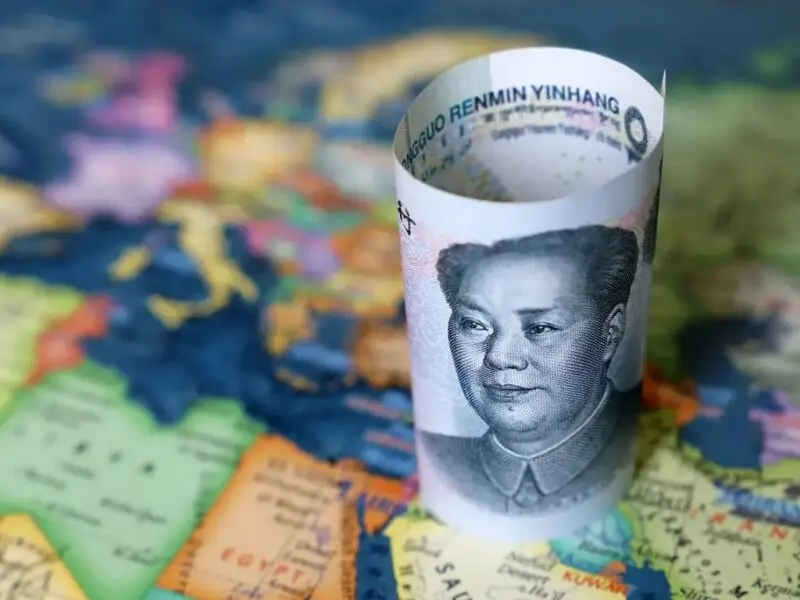
Also Read: De-dollarization 2025: How the US Economy Is Undermining the Dollar
The debt-ridden balance sheets of top banks and real estate giants are making the Chinese economy head south. After the real estate crash, nearly a dozen local banks in China faced closures or were acquired by larger banks. The upcoming fiscal stimulus of $1.4 trillion could cool down the economy, leading to a revival in businesses. The Standing Committee could meet next week to decide the stimulus package.
“The current policy priorities appear to focus first on addressing local government hidden debt, followed by financial system stability, and then on supporting domestic demand,” said Tommy Xie, Head of Greater China Research at OCBC Bank.
The policy will stimulate economic growth and increase investors’ confidence in the Chinese markets. Sources close to the development say that China is also looking to raise 6 trillion yuan ($840 billion) in the next three years to aid in clearing debt.
In addition, another 4 trillion yuan ($560 billion) will be raised to boost the country’s real estate sector. “Significant fiscal stimulus should buoy confidence and support economic growth,” said Louis Kumis, S&P Global’s Chief Asia Economist in Hong Kong.
Also Read: BRICS De-Dollarization: Bloomberg Predicts the Future of the US Dollar
